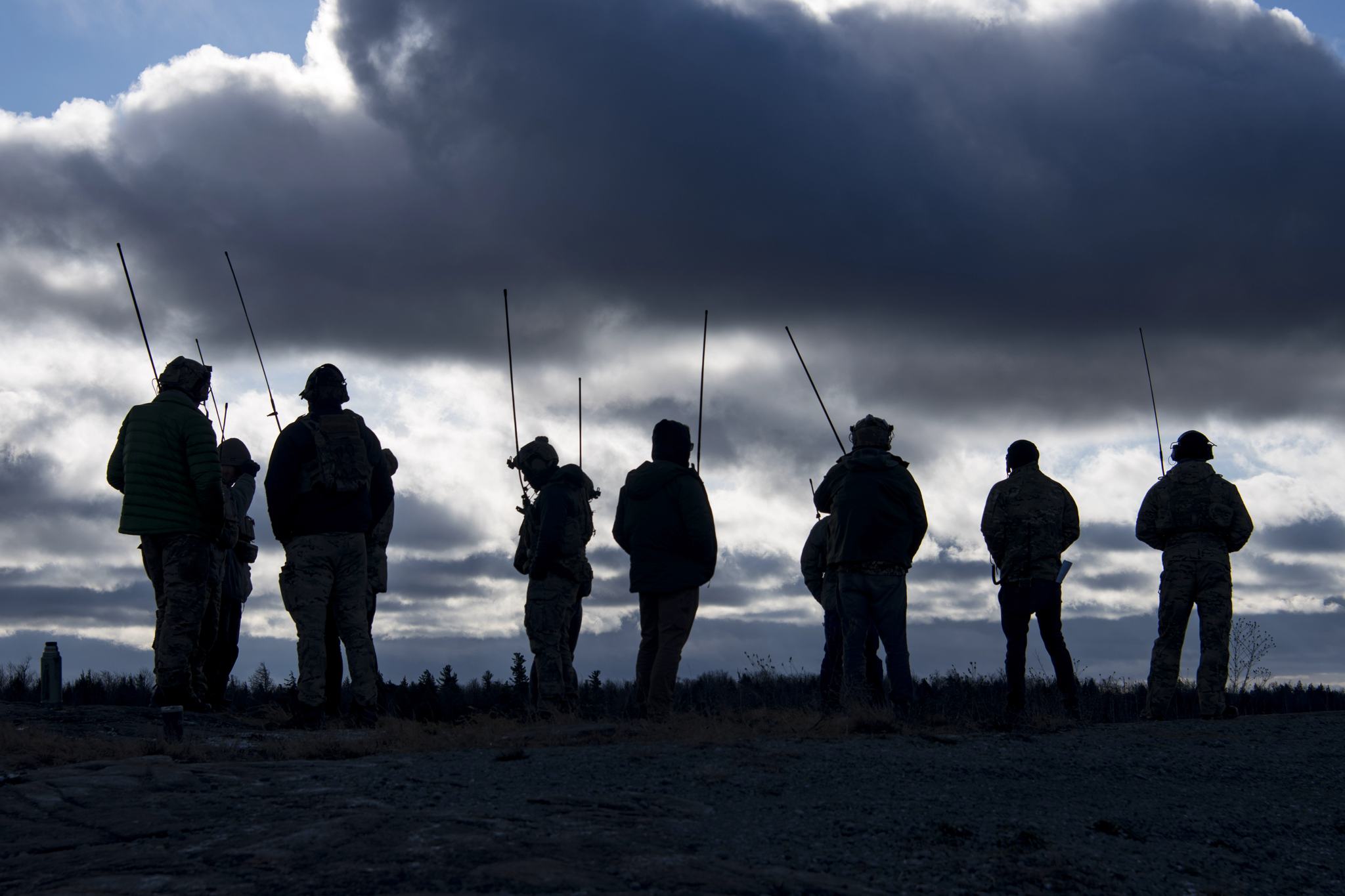
Ukraine
The first and most obvious is the war in Ukraine. The battlefield stalemate has left this conflict more volatile. The Russian economy is pivoting towards a war economy and recovering from the shocks of being cut off from Western markets and financial systems. Ukraine, frustrated by only small gains on the battlefield, appears to be refocusing on sabotage and guerrilla-esque activities which could signal this war shifting towards an even more asymmetrical type. This may ultimately prove to Ukraine’s advantage but will make the situation all the more brutal and bloodier.
The knock-on effects this will have on the surrounding region, particularly in the humanitarian sphere will place even greater strains on a Europe whose current position remains a question mark. European powers seem unable to fully engage with the scale of this problem, be it in military or humanitarian terms and have been slow to respond. They remain reluctant to scale up military efforts despite the obvious signs of what is coming.
The Balkans
With the ongoing situation in Ukraine, many states have sought to leverage a perceived weakness in the West to advance long-standing grievances. The most worrisome is Serbia. Efforts aimed at historical grievances in Kosovo seek to replicate the events in Nagorno-Karabakh. There are also obvious signs of Russian efforts at political disruption in the region, such as that in Montenegro and Macedonia. Additionally, the Serbian Republika Srpska has made clear they too seek to exploit the current global weakness to right what it perceives to be historical wrongs by separating and then incorporating its part of Bosnia within a greater Serbia.
The West
The pressures created by long-standing unsustainable economic mismanagement in the West were blown wide open by the COVID pandemic. Since then, Western leadership has been scrambling to placate an increasingly restless populace while trying to return to a ‘normal’ or ‘status quo’ which is simply no longer possible. This restlessness, exacerbated by the information war being waged against it by global competitors such as Russia, China, and India led to the development of what one might term fifth-column actors in the culture wars now raging.
Additionally, the West faces another issue concerning immigration. Immigration rates among many Western states such as Canada and the United Kingdom are at all-time highs as governments attempt to leverage these numbers in economic recovery efforts. However, with inflation, economic inequality, and general economic pressures in the West at record-setting highs, discussions concerning the economic and social pressures concerning immigration have moved the conversation so that for the first time in a generation critical debate concerning immigration has moved mainstream. The Israeli war in Gaza which resulted from the horrific terror attacks perpetrated by Hamas on 7 October has ignited social tensions across the West which has further added to critical questions of the cultural implications of immigration on this scale.
The result is that Western domestic political discourse, along with economic policy is undergoing a profound change/correction which will have massive implications for foreign policy positions which in turn could undermine the efforts of Western democracies to shore up the failing international rules-based order.

Mali
In 2023, Sahel nations, under military rule, cut off military ties with France and evicted UN peacekeeping missions – Burkina Faso, Niger and Mali. Malian troops have been gaining ground in
the northern Tuareg regions with the help of “Russian mercenaries”, otherwise known as Wagner mercenaries. Russian influence in the region, overall, is increasing. But more importantly, Mali has a history of Tuareg rebellions and the movement is still alive. The Coordination of Azawad Movements (CMA) seized some towns in 2023, and Malian forces have taken the northern city of Kidal. Will a larger Tuareg rebellion begin? And if it does, what roles will al-Qaeda in the Islamic Maghreb and the Islamic State of the Greater Sahel have? It should also be remembered that within less of a year, ISGS has been able to more than double its territory.
Houthi Rebels
The Hamas-Israel War seized headlines, the global interest and outrage for both pro-Palestinian and Israeli movements. In 2015, Saudi Arabia launched a coalition intervention to support Yemen’s war against Houthi insurgents. This is where many first heard of the Houthis. The Houthis are supported by Iran and their recent missile and drone operations against shipping in the Red Sea illustrate this relationship further. The Houthis have achieved higher international prominence and will become a far more effective and normal tool for the Iranians to flex their proxy muscles. It will be interesting to see if further international action will be taken on this group.
Taliban Relations
2023 was the Taliban’s first full year of governmental control over the country. It has survived famine and fund shortages. But what is emerging is nuances with its neighbours. Earlier in 2022, the Taliban started a water skirmish with Iran. The Taliban cut off water supplies to Iran from the Helmand River. There was a minor skirmish between the Taliban and Iranian border guards and it was only until November 2022 that an “oral agreement” was reached with the Taliban. Another point of contention is Pakistan’s move to deporting four million Afghan refugees back to Afghanistan. Not only is this a humanitarian crisis, but if these refugees are expelled, how will they be treated and how will the Taliban be able to handle an influx of an additional four million people as the country is still ravaged by food shortages?
Feature Photo: “Controller Contact” – US DoD Images,


